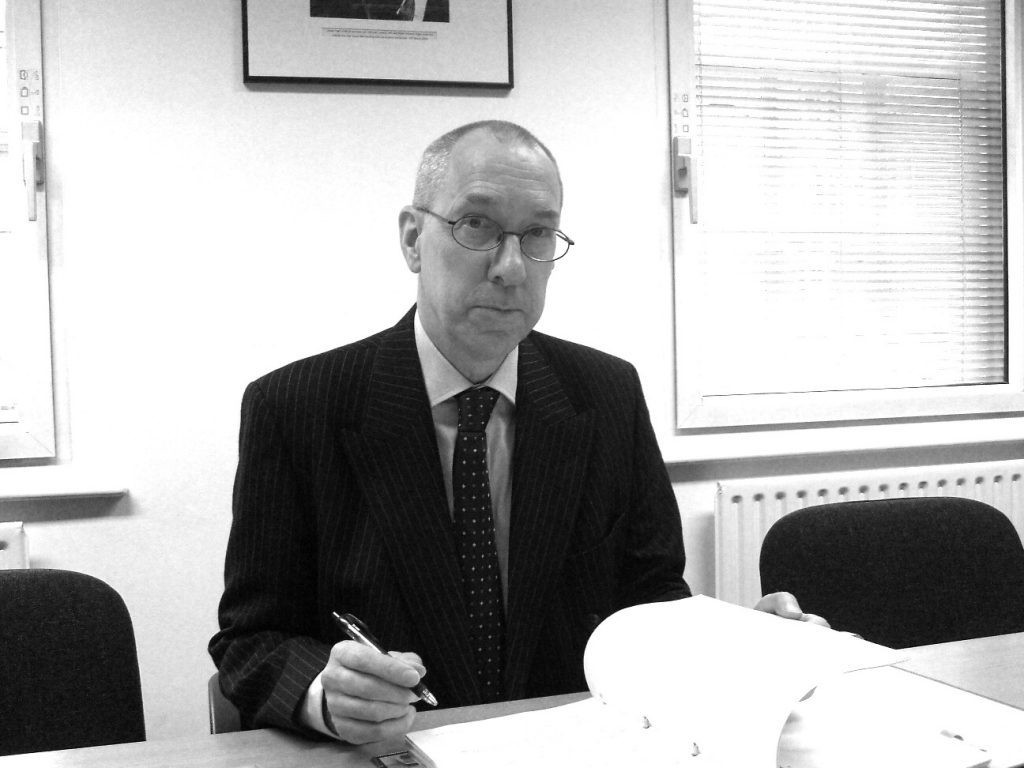Getting away with murder – how police misconduct let a killer get away. The Police & Criminal Evidence Act 1984 (PACE) was one of the most significant pieces of legislation in the last 50 years. It revolutionised practice in respect of those detained in custody by the police. Before 1984, when scientific evidence such as DNA, mobile phone evidence, and cell site evidence had yet to be developed, the police frequently relied upon what were claimed to be confessions by those accused of crime in order to prove a case.
Experience showed however that the police frequently abused their power and defendants, many of whom had learning disabilities or were otherwise vulnerable, could easily be bullied into confessing to crimes they had not committed. Nor was this confined to major cases such as the Birmingham Six. It happened frequently in far less serious cases.
The Codes of Practice under PACE provided real protection for those in custody against these previous practices. They forced the police to change their ways. Once interviews were recorded on tape it became much more difficult for the police to ‘fit-up’ a defendant. The requirement that a prisoner be entitled to have a solicitor present when interviewed was also a safeguard against false confessions.
It is true that the police tried to find ways around the restrictions by, for example, claiming instead that a defendant had been overcome by a desire to confess whilst in a police car on the way to the police station, but there can be no doubt that the protections afforded by PACE have made a significant difference and on the whole have been very successful in protecting the rights of persons accused of crime. The new rules were a clear reminder to the police of the importance of the rule of law and specifically that suspects have rights that cannot be disregarded.
Every rule in the book
It was therefore shocking to read of the extraordinary behaviour of Detective Superintendant Fulcher in the case of Chris Halliwell which has received a great deal of publicity following the guilty plea by Mr Halliwell to murder and his subsequent imprisonment.
Whilst investigating the disappearance of Sian O’Callaghan, Det Supt Fulcher broke practically every rule there is about the treatment of suspects. When, in the course of his investigations of Halliwell’s involvement in the murder of Sian O’Callaghan, Halliwell seemingly admitted to another murder, Mr Fulcher’s approach was to completely disregard the requirements of PACE with the result that the case against Halliwell in respect of the second murder was thrown out by a High Court judge and as a result it seems most unlikely that anyone can now be brought to justice in respect of this murder.
Fulcher, who had Halliwell taken by other officers to a deserted location, failed to inform him of his right to have a solicitor present and then proceeded to question him about the case, apparently complained during an earlier court hearing that it was ridiculous that a person in Halliwell’s position could get away with murder by finding ‘some loophole’ to enable him to escape justice.
Well, it may come as news to Mr Fulcher but completely disregarding the law and breaching the rights of a suspect in as serious a case as this is not a case of exploiting ‘a loophole’, it is unforgivable and utterly disgraceful behaviour by a senior officer who clearly knew what he was doing was unlawful and who ought to be ashamed of himself.
As Mr Halliwell’s barrister, Richard Latham Q.C. put it, Mr Fulcher seemed to have gone back to a 1970s style of policing that PACE had been designed to abolish. No wonder that Mrs Justice Cox ruled that given Fulcher’s behaviour the evidence against Halliwell could not be used against him with the result that Halliwell will not face trial in respect of the second murder.
I can understand the reaction of the dead woman’s parents who were reported as approving of the conduct of Mr Fulcher. They were after all desperate to know about their daughter’s fate and to see her killer brought to justice.
Nor could they be expected to know the law. But the fact that Fulcher’s wholesale abuse of power and disregard of a suspect’s rights was condoned by no less a figure than the Chief Constable of Wiltshire is quite extraordinary and very worrying.
The Chief Constable, Patrick Geenty apparently praised Mr Fulcher’s’ efforts and went as far as to say that he ‘would like to think’ that he would have made a similar decision in the circumstances! In other words, even the Chief Constable of Wiltshire condones a total flaunting of the rights of a suspect and praises the officer who had done exactly that! If that isn’t a green light to any other police officer to similarly abuse their power then I don’t know what is.
No doubt the police will try to blame all this on human rights and crafty defence lawyers who come up with all sorts of dubious arguments to get their clients off. The reality however is that the reason this case collapsed was entirely the fault of Det Supt Fulcher. If he had applied the law and practice as he surely knows it to be it may still have been possible to prosecute Halliwell for the second murder. That it is not is entirely down to the disgraceful behaviour of Mr Fulcher. So when the parents of Becky Godden-Edwards consider how things got to this pass, the simple answer is because of the behaviour of Mr Fulcher. Far from condoning his actions, the Chief Constable should be prepared to dismiss Mr Fulcher immediately and if he really does think that this officer’s behaviour was appropriate then he merely proves that he also is unfit for his office.






